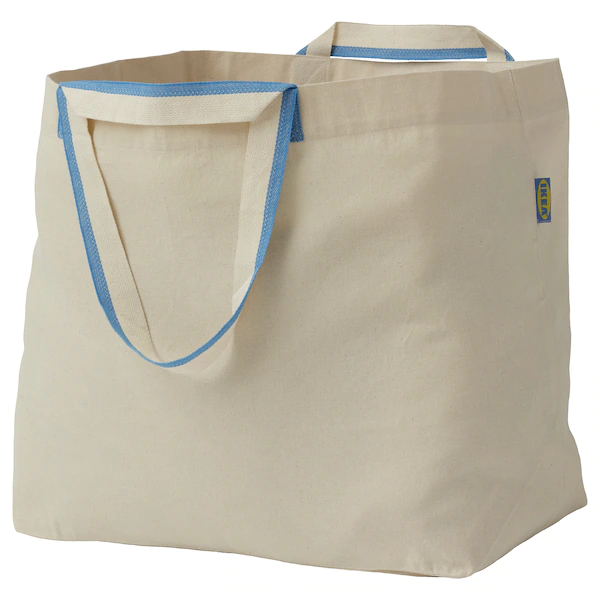Project Report For Cotton Bag Manufacturing
Introduction
Project report for Cotton Bag Manufacturing is as follows.
In contrast to Cotton bags manufactured from polyethene, which is created from natural gas and petroleum, cotton bags are made from renewable natural fibres that are robust in nature.
When we look at the process of creating Cotton bags, we can see that it produces a lot of hazardous and filthy by-products into the atmosphere, which takes thousands of years to degrade and is thus damaging to the ecosystem.
However, since cotton is a plant product, these cotton bags are weaved from thread obtained from the plants, and cotton is eventually biodegradable.
Project Report Sample On Cotton
Bag Manufacturing
Get Completely Custom Bankable Project Report
In comparison to single-use plastic or paper bags, cotton bags are thicker and may be reused. Cotton bags are often bigger than typical Cotton bags, allowing them to contain more products. Plastic grocery store bags may be reused once or twice, but only because they are readily damaged by overloading and cannot be reused again.
The paper bags are the same way; they won’t be damaged or take long to pull out, but they will lose their integrity if they get wet.
Cotton bags are now competing with other bag material choices to create a fashion statement. Cotton bags are often clear and have the company logo or shop name printed on them, but cotton bags come in a wide range of colours, styles, and sizes to suit your own style and preferences.

Cotton bags may be used for more than just shopping; they can make a stylish for transporting a range of daily necessities.
People use them in their daily lives, such as for courses, work, and trips. Retailers and online businesses provide designer cotton bags with encouraging quotations or cheery slogans, but some customers stitch their own customized bags.
Market Potential Of Cotton Bag Manufacturing
Expenses

Product Cost Breakup

Reveneue Vs Expenses

Market Trend

During the projected period, it is expected that eco-friendly cotton bags would surpass plastic bags in the retail sector. People are adopting cotton bags in greater numbers as embellished cotton bags become more widely available. When opposed to plastic bags, cotton bags offer a better printability and shelf appeal.
Only around 1% of all plastic bags are recycled each year, as per Wall Street Journal, with the remainder ending up in landfills. Governments all across the globe have enacted restrictions restricting the use of plastic bags as a consequence of growing intolerance for them.
As a result, the worldwide market for cotton bags has grown significantly. San Francisco, Seattle, and Boston have all outlawed plastic bags.
During the projection period, this specific factor is expected to boost cotton bag demand in the United States. High tariffs on the use of plastic bags have been imposed in China,
India, and Australia, provide good prospects for major participants in the Asia Pacific cotton bag market. Kenya lobbied for a country-wide ban on plastic bags in 2017, which had a direct impact on single-use plastic bag distributors and makers.
The prohibition on plastic bags has aided new entrants into the cotton bag industry by creating a void. Growing innovations in the area of automated bag manufacturing machines are expected to have a favourable effect on cotton bag production.
